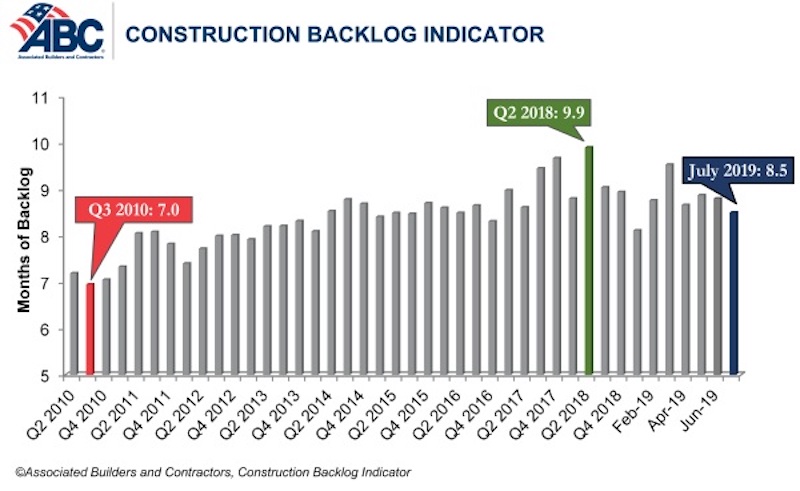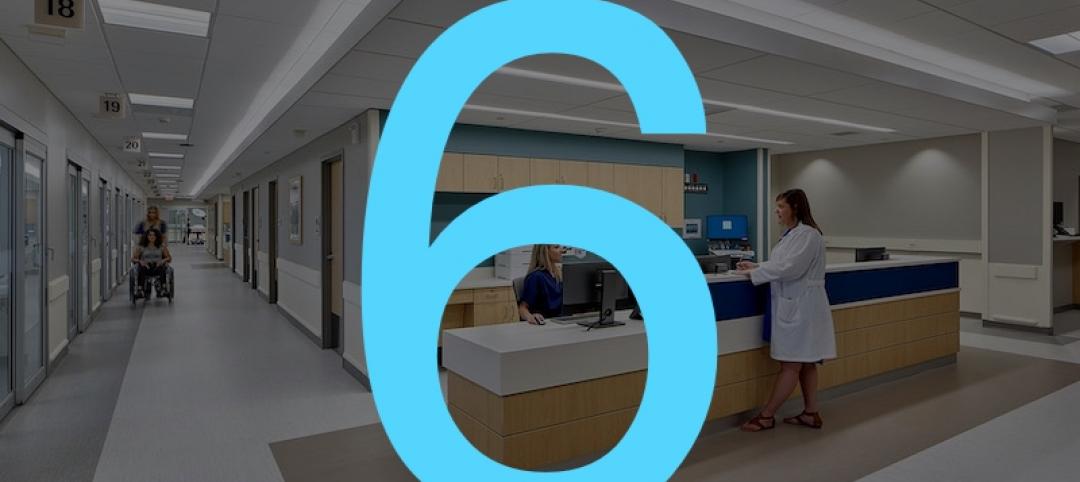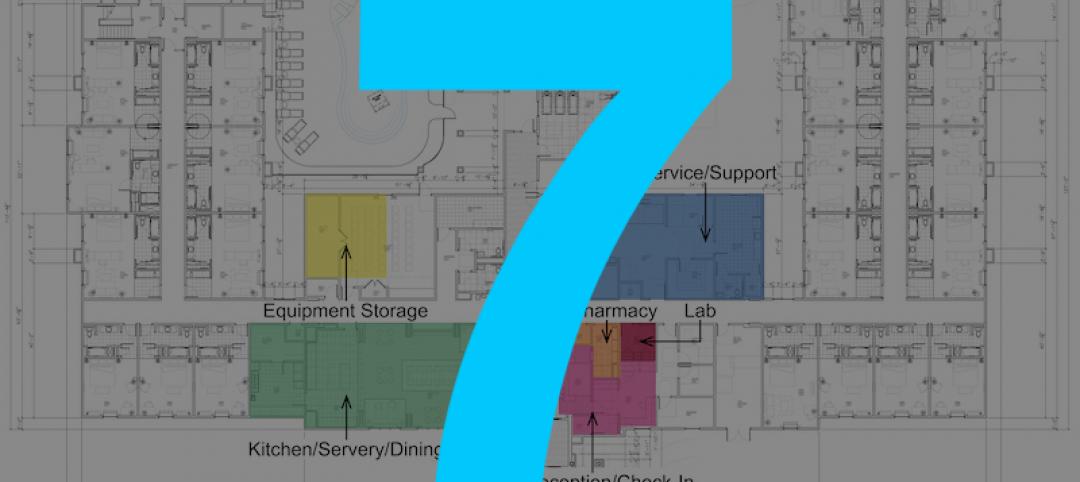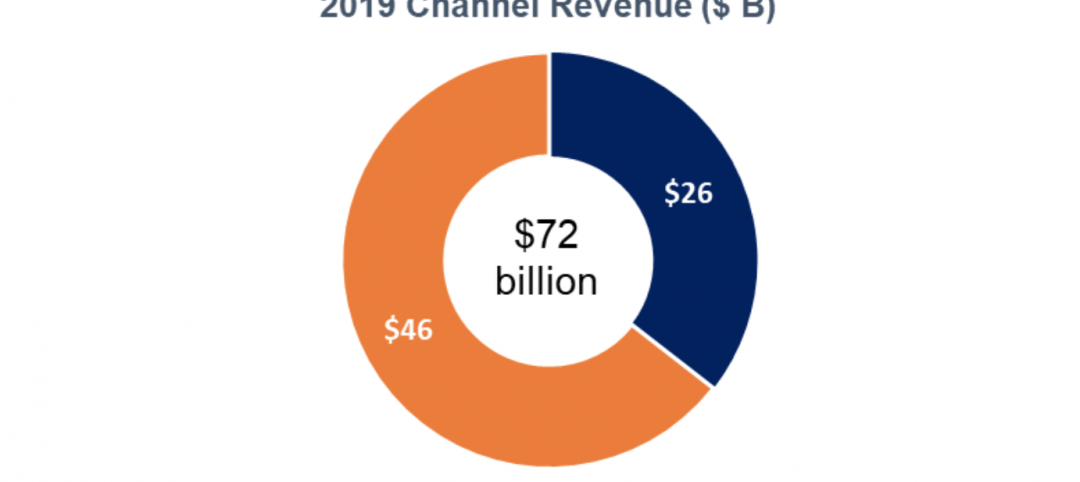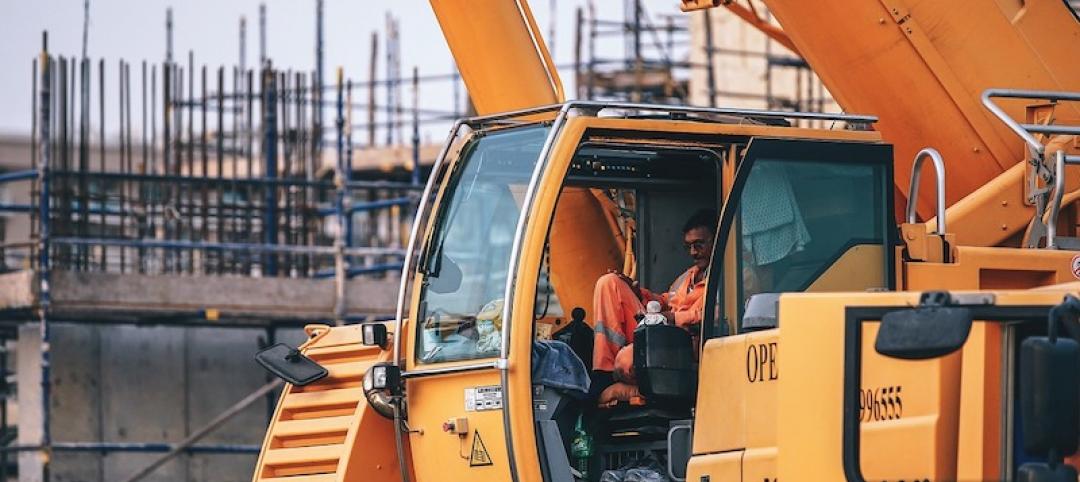Associated Builders and Contractors reported today that its Construction Backlog Indicator fell to 8.5 months in July 2019, down 0.3 months or 2.9% from June 2019, when CBI stood at 8.8 months.
“Construction backlog declined in all four major regions in July,” said ABC Chief Economist Anirban Basu. “While the Northeast and South—the regions with the lengthiest backlog—experienced minor dips, the West and the Middle States exhibited more significant declines. Despite the 9.3% monthly decline in the West region, backlog remains above levels observed in early 2019. For the Middle States, however, backlog is at its lowest level since the last quarter of 2015, largely due to a dip in activity in the commercial/institutional segment, the largest segment represented in ABC’s survey.
“Among the three industry subsegments measured by CBI, only the commercial/institutional category experienced a backlog decrease in July 2019,” said Basu. “Backlog in the heavy industrial category increased by 2.3 months and now stands at its highest level in the history of the CBI series. This is largely attributable to the energy sector, with particular strength apparent in the South. Regions tied to traditional manufacturing activities did not fare as well in July.
“Only companies with revenues lower than $30 million per year experienced shorter backlog in July,” said Basu. “This may be cause for concern since smaller firms tend to be more vulnerable to economic fluctuations. Much of the decline in backlog among this group occurred among those specializing in commercial construction.
“Despite the recent, albeit brief, losing streak, backlog levels remain consistent with healthy construction activity over the near-term,” said Basu. “Contractors collectively expect rising sales to continue and are planning to add to staffing levels, though their exuberance has been somewhat tempered in recent months. If the U.S. economy continues to soften, including in the nation’s manufacturing industry, contractor confidence levels will likely continue to subside along with backlog. Yet, for now, the nation’s nonresidential construction segment remains busy.”


Related Stories
Market Data | Apr 10, 2020
5 must reads for the AEC industry today: April 10, 2020
Designing for the next generation of student life and a mass timber Ramada Hotel rises in British Columbia.
Market Data | Apr 9, 2020
7 must reads for the AEC industry today: April 9, 2020
Urine could be the key to building in outer space and how to turn a high school into a patient care center in just over two weeks.
Market Data | Apr 8, 2020
6 must reads for the AEC industry today: April 8, 2020
Stantec discusses how hospitals can adapt buildings to address worst-case scenarios and FXCollaborative Architects tells us why cities will survive the pandemic.
Market Data | Apr 7, 2020
7 must reads for the AEC industry today: April 7, 2020
Leo A Daly's Hotel2Hospital prototype takes shape, while the number of delayed projects reaches 2,550 in the U.S. amid coronavirus pandemic.
Market Data | Apr 3, 2020
COVID-19 cuts nonresidential construction employment in March
The construction unemployment rate was 6.9% in March, up 1.7 percentage points from the same time one year ago.
Market Data | Apr 1, 2020
February’s construction spending decline indicates what’s to come
Private nonresidential spending declined 2% on a monthly basis and is down 0.7% compared to February 2019.
Market Data | Mar 26, 2020
Architects taking action to support COVID-19 response
New AIA task force will offer insights for adapting buildings into healthcare facilities.
Market Data | Mar 26, 2020
Senate coronavirus relief bill's tax and lending provisions will help construction firms, but industry needs additional measures
Construction officials say measure will help firms cope with immediate cash flow crunch, but industry needs compensation for losses.
Market Data | Mar 25, 2020
Engineering and construction materials prices fall for first time in 40 months on coronavirus impacts, IHS Markit says
Survey respondents reported falling prices for five out of the 12 components within the materials and equipment sub-index.


